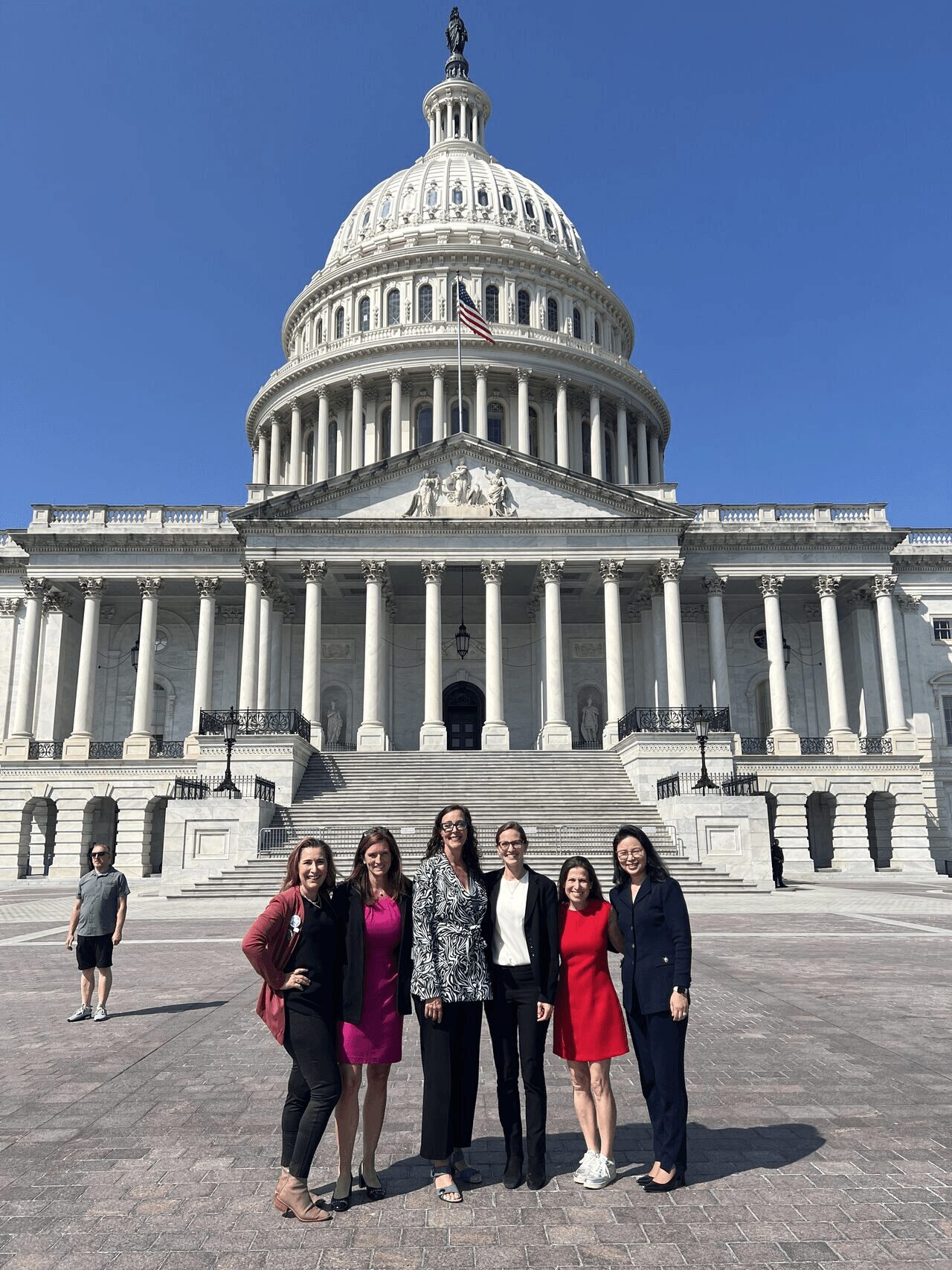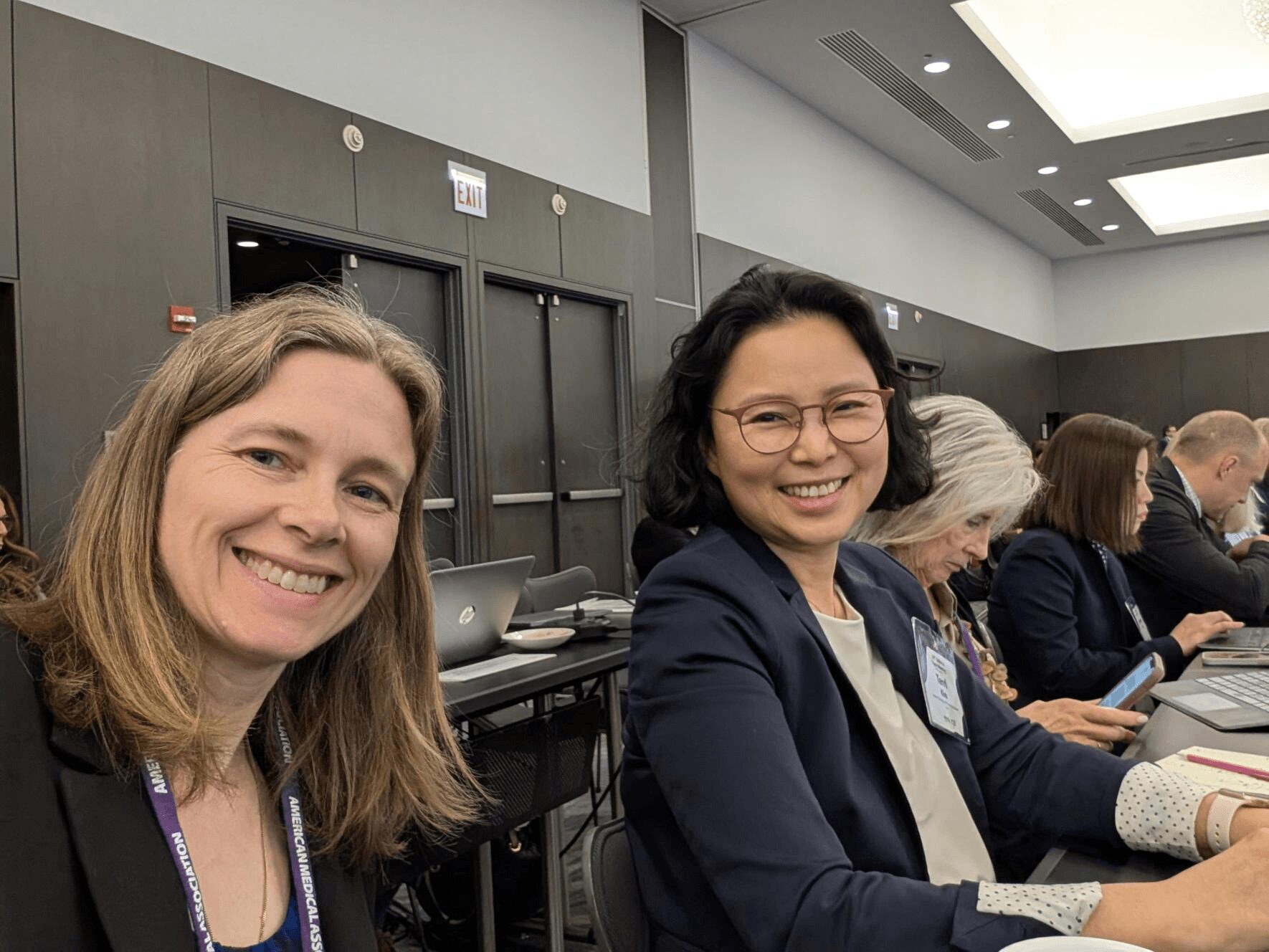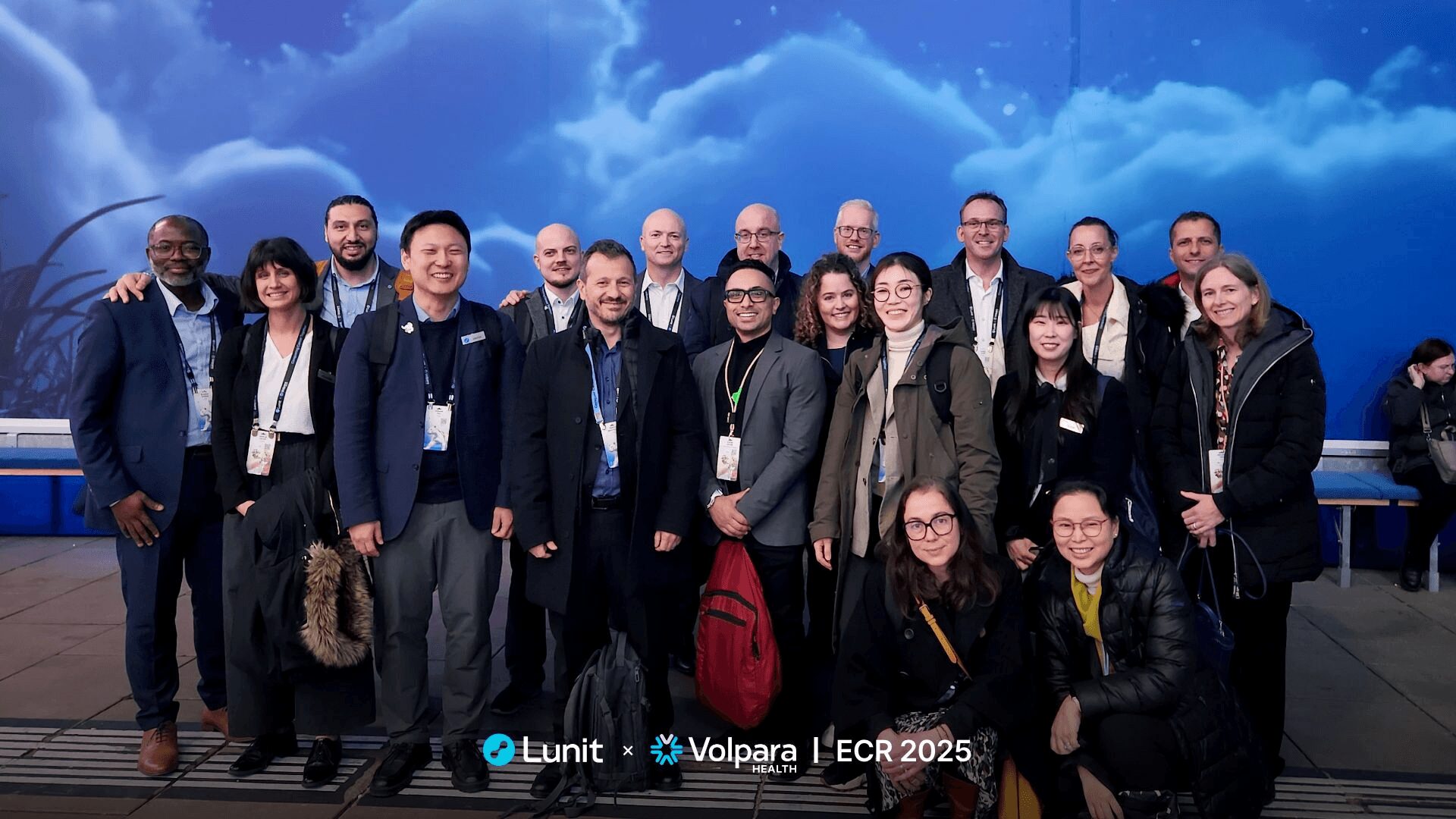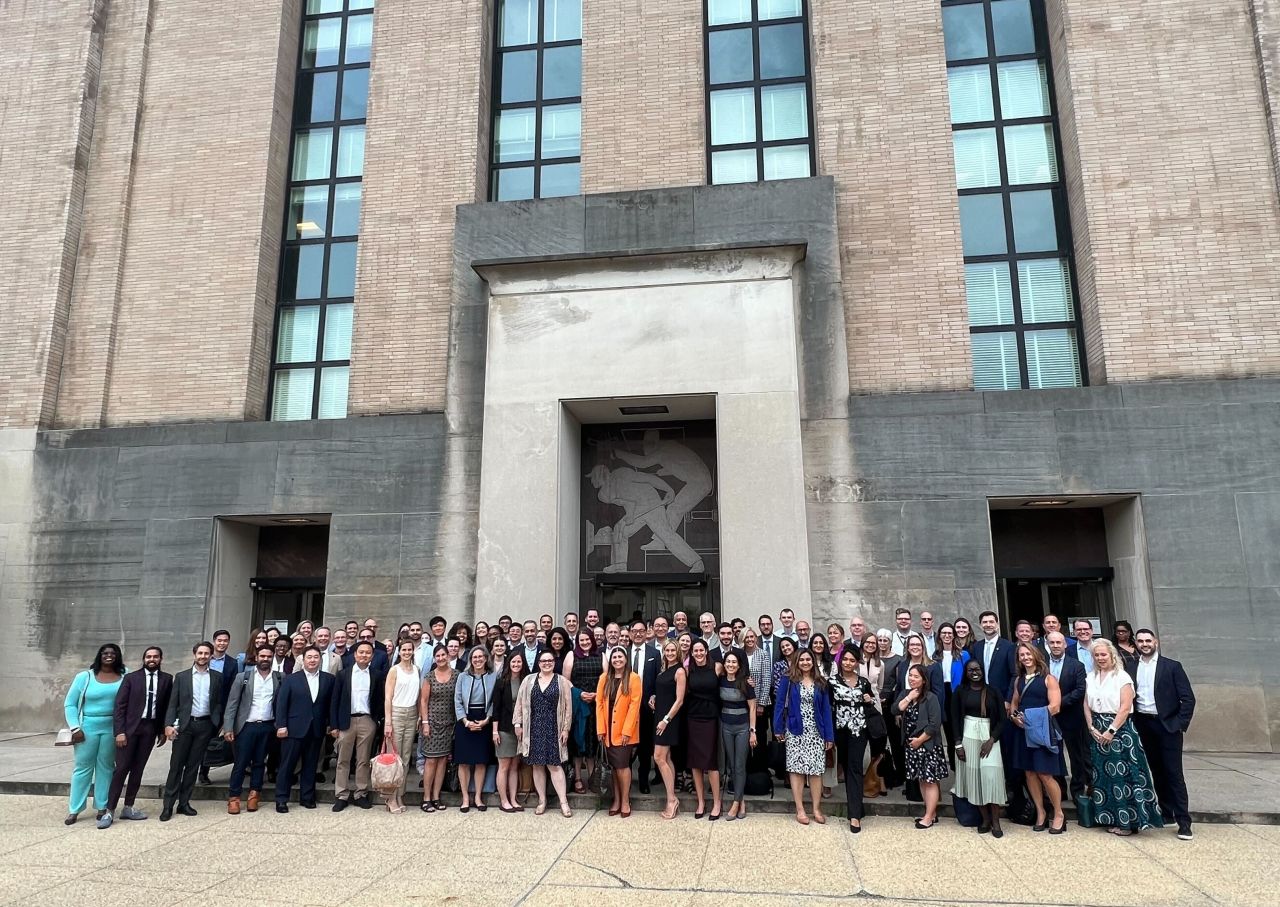

Today we’d like to introduce you to Terri Kim.
Hi Terri, so excited to have you on the platform. So before we get into questions about your work-life, maybe you can bring our readers up to speed on your story and how you got to where you are today?
I’ve always known I wanted to do something purpose-driven, though I didn’t know exactly what form that would take early on. I started my career with the World Health Organization in Geneva, working on public health initiatives across Eastern Europe and Africa. It was exciting and meaningful work, but not the path I ultimately continued on.
Later, I had the opportunity to join Anthem, now Elevance Health, working on healthcare innovation. My focus was on designing programs to improve access and outcomes for people with complex health needs. At the time, I was approaching healthcare from a systems and policy perspective.
Then I was diagnosed with triple-negative breast cancer.
That experience changed everything. Going through treatment gave me a first-hand view of how critical timely, high-quality care is, and how many barriers still stand in the way. It brought urgency and clarity to the kind of impact I wanted to make moving forward.
In 2021, I joined Lunit, a medical AI company with a mission to conquer cancer through technology. Lunit develops AI solutions that help clinicians detect and treat cancer more accurately and efficiently using medical imaging, from mammography to pathology. Our products are now used in more than 40 countries, with adoption across national screening programs, major cancer centers, and leading healthcare systems around the world.
As a survivor and someone committed to improving the cancer care experience, I’m grateful to help lead our efforts to scale that impact. AI in medicine is a fast-moving space, and Lunit is at the forefront. We are driving meaningful progress in cancer care while keeping both the clinician and the patient at the center of everything we build.
Can you talk to us a bit about the challenges and lessons you’ve learned along the way. Looking back would you say it’s been easy or smooth in retrospect?
It hasn’t always been smooth. One of the biggest challenges has been navigating the U.S. healthcare system. In countries with national health programs, once a product shows strong clinical evidence, it can be adopted more quickly and equitably. Our AI is already being used in national screening programs in places like Australia and Singapore’s health system, among many others.
In the US, it’s much harder. Hospitals, physicians, and insurers all operate separately, and even when a product improves care, there’s no clear path to make it broadly available unless it’s reimbursed. That slows down adoption and keeps patients from benefiting.
What makes this especially difficult is that we see the difference our technology could have made. When we retrospectively apply our breast cancer AI to past mammograms, we too often find cancers that were missed the first time. It is heartbreaking to know the tools exist, yet remain out of reach for so many patients because of delays in payment and policy.
As a cancer survivor, this is personal for me. I know what it feels like to depend on early and accurate detection. That is what keeps me going. I want to make sure no one misses the care they need just because the system is not built to keep up with innovation.
Great, so let’s talk business. Can you tell our readers more about what you do and what you think sets you apart from others?
Lunit is a medical AI company focused on conquering cancer through technology. Our solutions help doctors detect cancer earlier and more accurately using medical images like mammograms, chest X-rays, and pathology slides. We believe early detection saves lives, and our AI is helping make that a reality in hospitals and screening programs around the world.
Beyond diagnosis, we are also building tools that support oncologists in choosing the most effective treatments for each patient. Our pathology-based AI can analyze tumors to help predict how well a patient might respond to certain therapies, including immunotherapy. This helps doctors tailor treatment plans, especially for patients with advanced cancer. We are proud to be working with many of the world’s leading pharmaceutical companies to bring this capability into drug development and clinical care.
We are also investing in next-generation foundation models, trained on large volumes of medical data. These models will unlock new possibilities in medical reasoning and decision support, bringing AI even closer to the way clinicians think and work.
What sets Lunit apart is our focus on real-world impact. Our products are used in more than 40 countries, including in national screening programs and top cancer centers. We are proud to be helping shape the future of cancer care with technology that is clinically proven, globally adopted, and built for everyday use.
Can you talk to us about how you think about risk?
I wouldn’t call myself a natural risk-taker, but I’ve learned that some of the most meaningful decisions come with uncertainty. For me, it’s always been about asking, “What matters enough to be worth the risk?”
One of the biggest leaps I’ve taken professionally was joining Lunit in 2021. At the time, it was still a relatively small AI company headquartered in Seoul, and many people around me questioned the move—switching industries, going international, joining a company that few people in the US had heard of. But for me, it wasn’t about taking a chance on a trend. It was about betting on a mission I believed in. I had just finished treatment for triple-negative breast cancer, and the idea of working on technology that could help others facing cancer felt not only meaningful, but necessary.
Of course, there were unknowns. We’re building in a space that moves fast, is highly regulated, and has real consequences for people’s lives. But I’ve found that if the mission is clear and the purpose is strong, you can learn to live with the discomfort of risk. You stay grounded, make decisions thoughtfully, and surround yourself with people who care about doing the right thing.
So no, I don’t chase risk for its own sake. But I do believe in following purpose, even when the outcome isn’t guaranteed.
Contact Info:
- Website: https://www.lunit.io/en
- LinkedIn: https://www.linkedin.com/in/terri-kim/

















